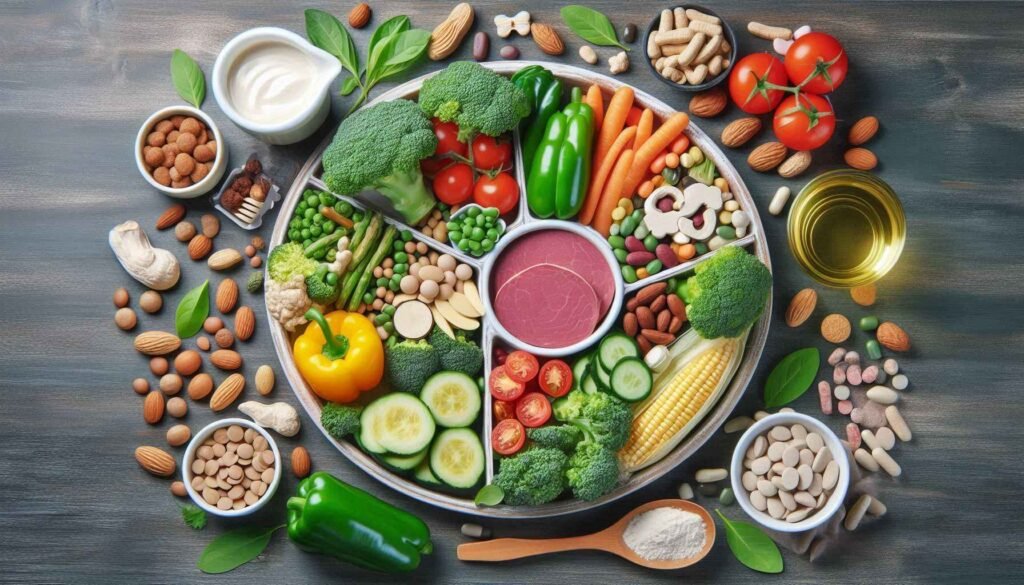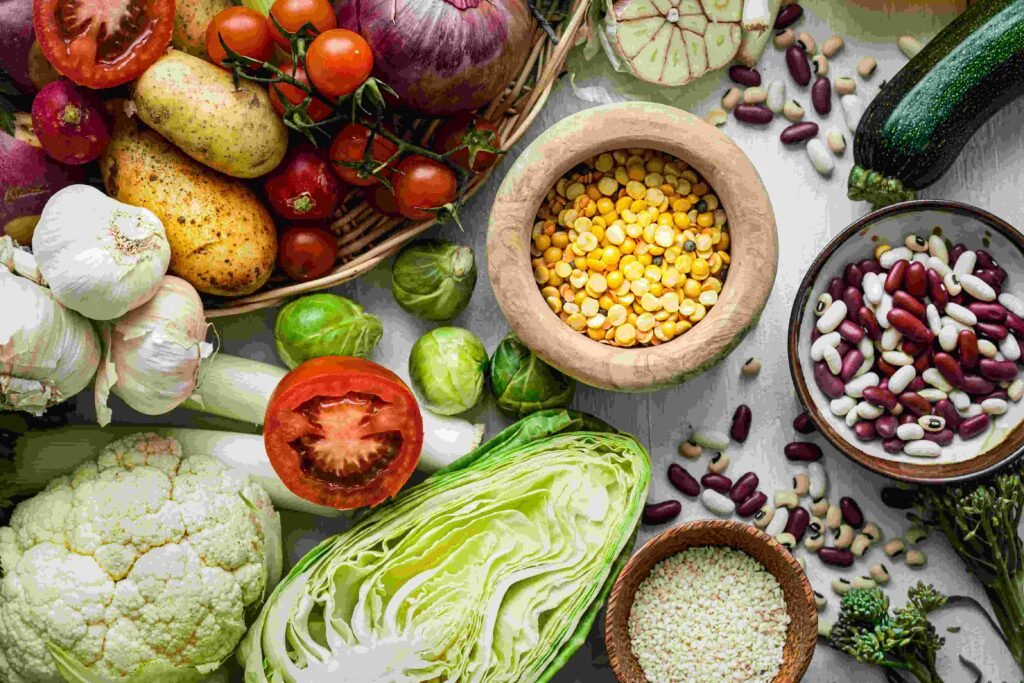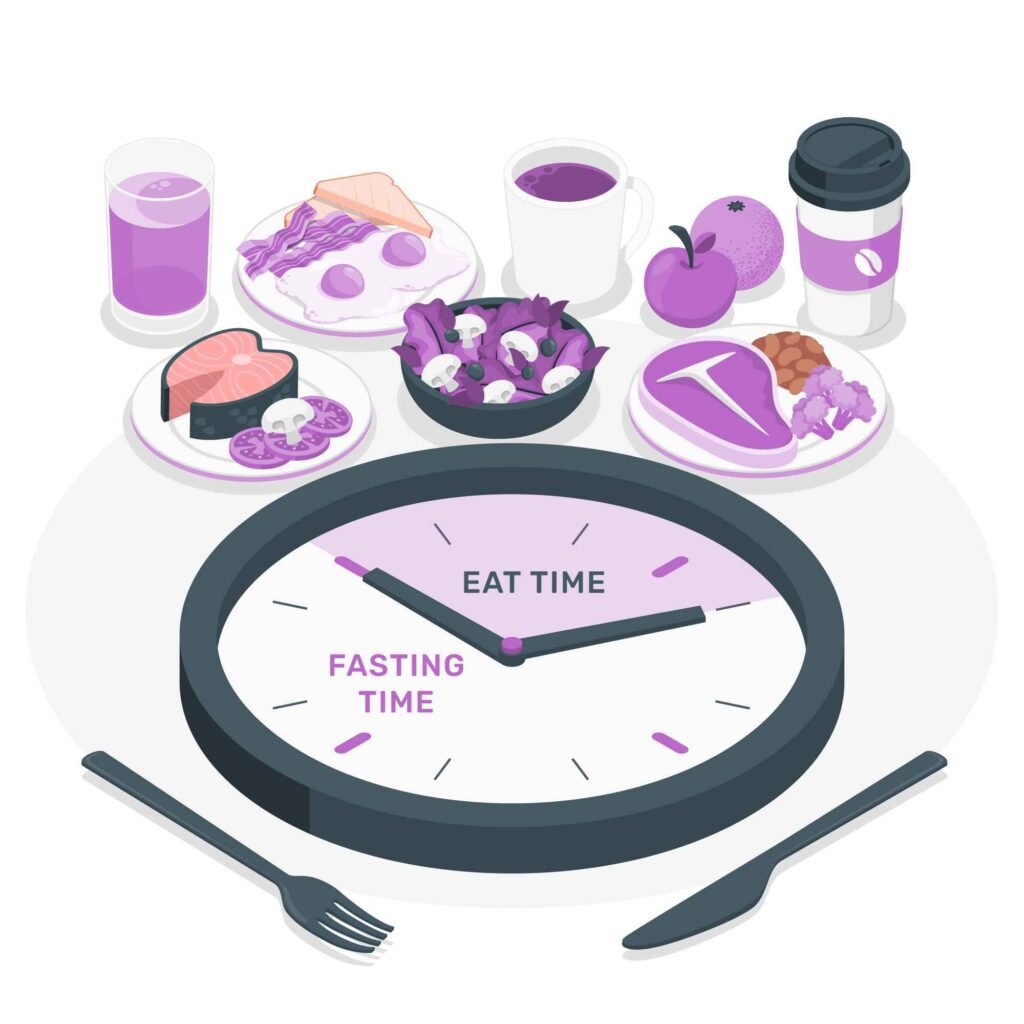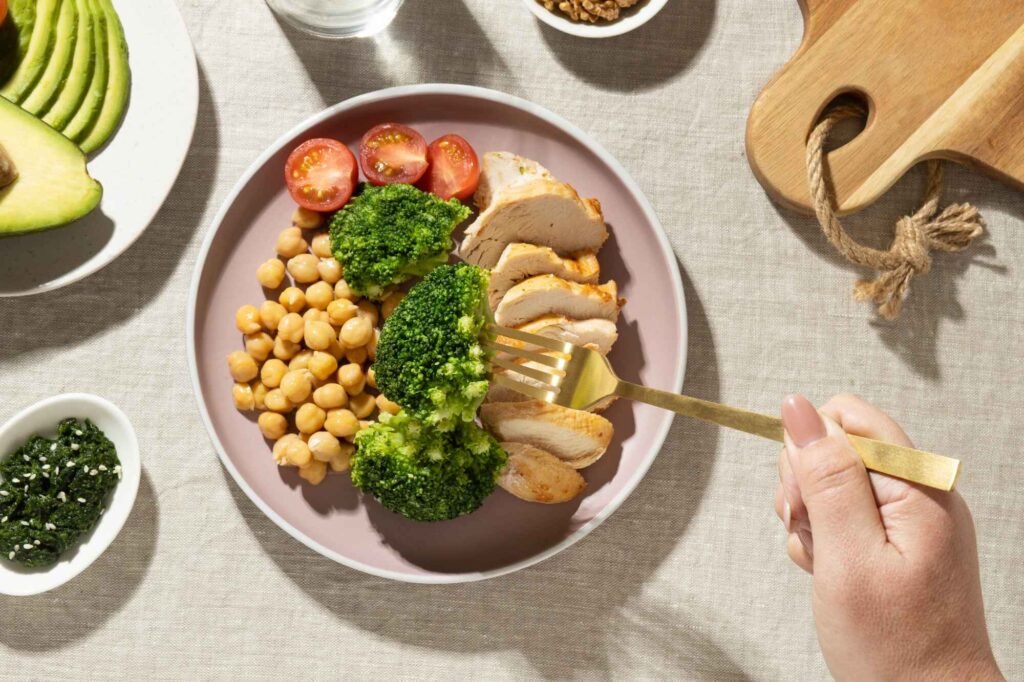
Nutrient Deficiencies in Vegan Diets and How to Prevent Them: A Comprehensive Guide
The vegan lifestyle has taken the world by storm, with more people turning to plant-based diets for ethical, environmental, and health reasons. While veganism offers numerous benefits, it’s not without challenges, especially when it comes to meeting all your nutritional needs. Without careful planning, certain nutrient deficiencies may arise, which can affect overall health and well-being.
This guide dives into the most common nutrient deficiencies in vegan diets and provides practical tips on how to prevent them. Whether you’re a seasoned vegan or just starting out, knowing how to optimize your diet can help you stay healthy while enjoying the benefits of plant-based living.
1. Vitamin B12: The Vital Energy Booster
Why It’s Important:
Vitamin B12 is crucial for nerve function, red blood cell production, and DNA synthesis. A deficiency can lead to fatigue, neurological issues, and even anemia. Since B12 is naturally found in animal products, vegans are at risk of deficiency.
How to Prevent It:
- Supplements Are Key: Vitamin B12 supplements are one of the most reliable ways for vegans to get this essential nutrient. Look for methylcobalamin or cyanocobalamin supplements, which are easily absorbed by the body.
- Fortified Foods: Include B12-fortified foods in your diet, such as plant-based milk, breakfast cereals, and nutritional yeast.
- Regular Monitoring: It’s advisable to get your B12 levels checked periodically, especially if you experience fatigue or other deficiency symptoms.
2. Iron: Powering Your Blood and Muscles
The Challenge for Vegans:
Iron plays a critical role in transporting oxygen throughout the body and is essential for energy production. While plant-based foods contain non-heme iron, it is less efficiently absorbed than the heme iron found in animal products. Common symptoms of iron deficiency include fatigue, weakness, and paleness.
Boost Your Iron Intake:
- Include Iron-Rich Foods: Lentils, chickpeas, spinach, quinoa, tofu, pumpkin seeds, and fortified cereals are excellent sources of iron.
- Enhance Absorption with Vitamin C: Pair iron-rich foods with vitamin C sources, such as bell peppers, strawberries, or citrus fruits, to boost absorption.
- Cook with Cast-Iron Cookware: Using cast-iron pans can increase the iron content of your meals.
3. Calcium: More Than Just Strong Bones
The Role of Calcium:
Calcium is essential for bone health, muscle function, and nerve signaling. Many vegans may fall short of their calcium needs if they don’t include fortified foods or high-calcium plant sources in their diets.
How to Keep Your Bones Strong:
- Eat Calcium-Rich Plant Foods: Broccoli, kale, almonds, and calcium-set tofu are great choices. Don’t forget fortified plant-based milk and orange juice.
- Incorporate Weight-Bearing Exercises: Activities such as walking, jogging, or weight training can help maintain bone density.
- Check for Fortified Foods: Look for products fortified with calcium carbonate, as it’s easily absorbed.
4. Omega-3 Fatty Acids: Supporting Heart and Brain Health
Why You Need Omega-3s:
Omega-3 fatty acids, particularly EPA and DHA, are crucial for brain health, heart function, and reducing inflammation. While fish is a well-known source, vegans need to look for alternative ways to obtain these fatty acids.
Sources of Omega-3s for Vegans:
- Plant-Based Options: Include flaxseeds, chia seeds, hemp seeds, and walnuts in your diet. These provide ALA (alpha-linolenic acid), which can be converted into EPA and DHA, albeit inefficiently.
- Consider Algae Oil Supplements: Algae oil is a direct plant-based source of DHA and EPA, making it a suitable alternative to fish oil.
- Add Seaweed to Your Meals: Some types of seaweed are also good sources of omega-3 fatty acids.
5. Vitamin D: The Sunshine Vitamin
The Importance of Vitamin D:
Vitamin D aids in calcium absorption, supports immune function, and helps maintain bone health. Vegans may struggle to get enough vitamin D since it is primarily found in animal-based foods like fatty fish and egg yolks.
Boost Your Vitamin D Levels:
- Get Outdoors: Exposure to sunlight is one of the most effective ways to obtain vitamin D. Aim for 15-30 minutes of sun exposure on your skin a few times a week.
- Vitamin D Supplements: Consider taking a vitamin D2 or D3 supplement, with D3 derived from lichen being a vegan-friendly option.
- Eat Fortified Foods: Look for fortified plant milk, orange juice, or cereals that contain added vitamin D.
6. Iodine: Regulating Your Thyroid Function
Why You Need Iodine:
Iodine is necessary for thyroid hormone production, which regulates metabolism. Vegan diets can be low in iodine since seafood is a major source.
Keep Your Thyroid Healthy:
- Use Iodized Salt: This is one of the simplest ways to get iodine. Just be mindful of your sodium intake.
- Eat Seaweed in Moderation: While seaweed can be a good source, some varieties contain too much iodine, so consume it in moderation.
- Consider Iodine Supplements if Necessary: If you’re not meeting your iodine requirements, supplements can be a viable option.
7. Zinc: Essential for Immunity and Healing
Why Zinc Matters:
Zinc is involved in immune function, wound healing, and protein synthesis. The absorption of zinc from plant-based foods can be reduced due to the presence of phytates.
How to Improve Zinc Intake:
- Choose Zinc-Rich Foods: Include legumes, nuts, seeds, whole grains, and tofu in your diet.
- Soak and Sprout Grains and Legumes: This can help reduce phytate levels and increase zinc bioavailability.
- Consider Supplementing When Necessary: If you’re finding it difficult to meet your zinc needs, a vegan zinc supplement can help.
8. Vitamin A: Supporting Vision and Immunity
The Role of Vitamin A:
Vitamin A is critical for maintaining healthy vision, immune function, and skin health. While preformed vitamin A (retinol) is found in animal foods, vegans can obtain provitamin A (beta-carotene) from plant foods.
Get Enough Vitamin A with These Tips:
- Consume Beta-Carotene-Rich Foods: Carrots, sweet potatoes, spinach, kale, and butternut squash are excellent sources.
- Include Some Fat in Your Diet: Beta-carotene is fat-soluble, so eating it with a bit of healthy fat (like avocado or olive oil) will help with absorption.
- Monitor Your Intake: If you notice symptoms like night blindness or dry skin, consider adjusting your diet or seeking professional advice.
9. Practical Tips for Avoiding Nutrient Deficiencies
Diversify Your Diet: Aim to eat a variety of fruits, vegetables, whole grains, nuts, seeds, and legumes daily. This approach ensures a wider range of nutrients.
Fortified Foods Are Your Friend: Many vegan-friendly products, such as plant-based milk, cereals, and nutritional yeast, are fortified with essential nutrients.
Regular Blood Tests: Periodic blood tests can help identify any deficiencies early on, allowing you to adjust your diet or supplementation as needed.
Consult a Dietitian: If you’re unsure about your nutrient intake, seeking advice from a registered dietitian can be beneficial, especially if they specialize in plant-based nutrition.
Conclusion
Transitioning to a vegan diet doesn’t have to mean sacrificing your health. By being aware of the potential nutrient gaps and taking steps to address them, you can enjoy the benefits of a plant-based lifestyle without the drawbacks. A little planning goes a long way toward ensuring you meet all your nutritional needs, keeping you healthy and vibrant on your vegan journey.
With these tips, you can confidently embrace veganism and thrive!



